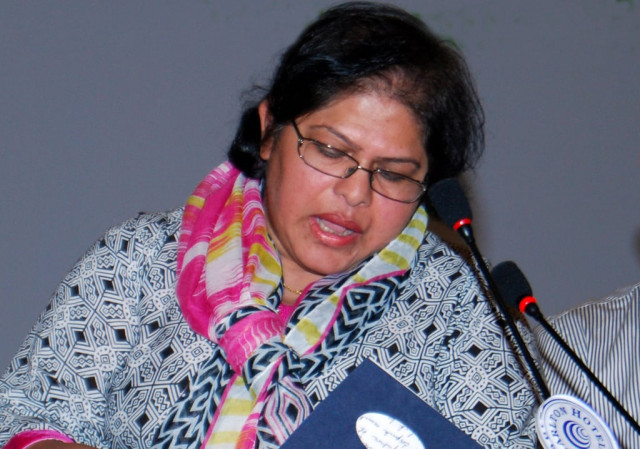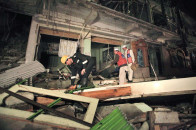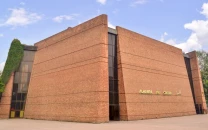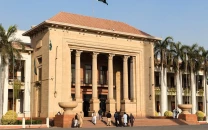University lecture: ‘The state needs to be strengthened’
Dr Ayesha Siddiqa discusses the strategic manoeuvres of non-state actors.

Dr Siddiqa said non-state actors were entering political circles and becoming major players. PHOTO/Express
“Legitimacy is a basic in any state. Non-state actors can claim that legitimacy because they are integrated with several groups - including those who should be challenging the ideology of non-state actors.”
Dr Ayesha Siddiqa, a social and security analyst, was speaking at a lecture, The Role of Non-State Actors in the Politics of Pakistan, at the Forman Christian College’s S9 Auditorium on Tuesday.
Dr Siddiqa said non-state actors were perceived as providers of speedy-justice and in this way had assumed the role of the feudal. “Historically, they [feudals] were the ones who stood between the state and the people and would negotiate with the state on behalf of the people.” The manipulation of religion had provided non-state actors the legitimacy to negotiate with the state, she said. Societal legitimacy compounded with the force had strengthened their position.
She said that on one hand the state was trying to create a “tightly knit” concept of nationalism and on the other it was itself weakening. She said the state often used religion to create monolithism instead of celebrating diversity.
She asked what the state was delivering to the people? “Forget Tribal Areas, what about all the areas where the state has historically existed like Sindh and the Punjab?”
Dr Siddiqa said non-state actors were entering political circles and becoming major players.
She said political players were connecting to these groups at various levels. She added that the non-state actors were becoming part of the elite. “This is due to their ability to use force . . . and their connections with other strong groups.” She said some of the non-state actors were connected to the land mafia.
She said that the country had turned into a hybrid-theocracy with pockets of liberalism and small areas where a certain form of Shariah was formally enforced and other areas where it was informally implemented.
“We have not understood what the Shariah is.” She said everyone had a different interpretation of the Shariah. “Meanwhile these forces [non-state actors] are clear in their vision, especially in terms of what the state should be.”
Dr Siddiqa said that as long as there was a strategic dependence on the non-state actors, they could not be eliminated. “Our establishment needs them so there is very little logic in eliminating them.”
She said the non-state actors had already been provided legitimacy. She said now the state needed to be strengthened for these groups to be checked. “We cannot allow the sharing of monopoly over violence … today it is one group, tomorrow it may be another.”
Published in The Express Tribune, May 1st, 2013.



















COMMENTS
Comments are moderated and generally will be posted if they are on-topic and not abusive.
For more information, please see our Comments FAQ